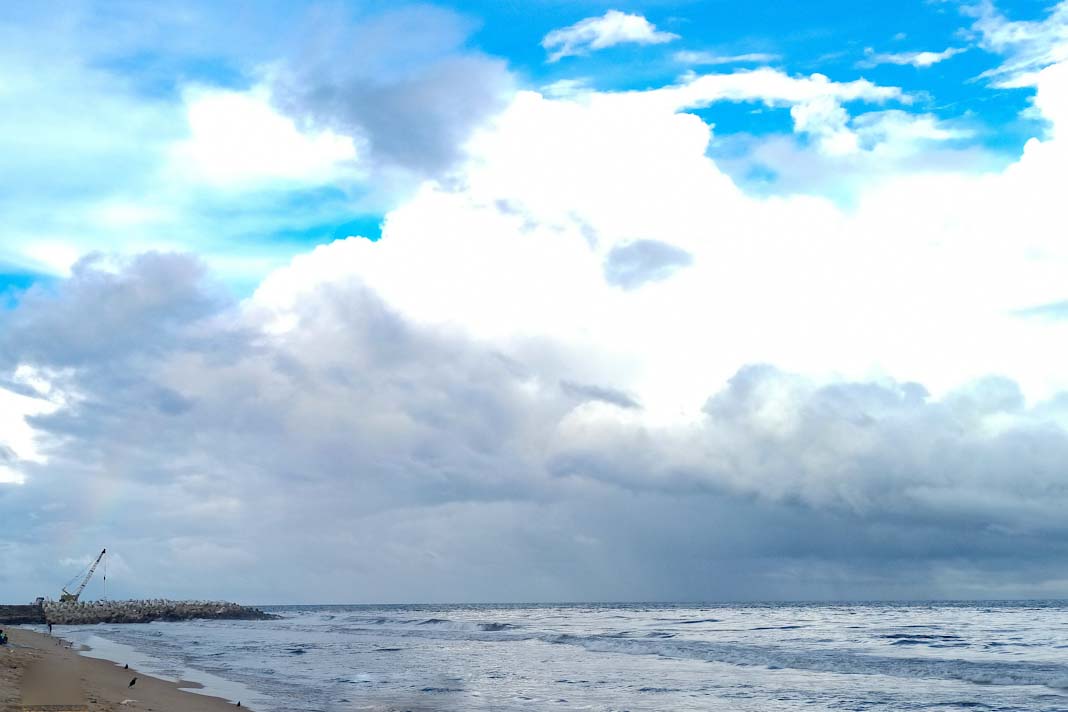
- New tanker scoring system launched at Qingdao Port terminals with strict bans and point-based penalties.
- Effect on shadow fleet activity expected to be limited due to existing port dynamics.
- Iraq and Kurdistan reach interim deal to restart crude exports via Turkey’s ITP pipeline.
Starting November 1, Qingdao Port will roll out a tanker scoring and vetting framework across its four oil terminals: Qingdao Haiye Oil Terminal Co, Qingdao Shihua Crude Oil Terminal Co, Qingdao Gangxin Oil Products Co, and Qingdao Lixing Logistics Co, according to Breakwave Advisors.
The system introduces:
Immediate bans on vessels aged 30 years or more, those lacking essential documents, operating under falsified IMO numbers, or deemed high-risk.
Penalty points for ships not sailing under a Tokyo MoU white-listed flag, classed by a non-IACS society, or lacking oil spill liability insurance. Vessels older than 12 years will face incremental penalties every three years.
Although framed as a safety and environmental measure, the move is widely viewed as a response to increased US scrutiny on Chinese ports linked to sanctioned oil trades. However, the practical impact is expected to be marginal: no tankers above 30 years have called at Qingdao since 2022, and the port’s share of China’s crude imports has already dropped from 40% in 2020 to 20% in 2024 as nearby ports expanded VLCC handling capacity. Today, only one Qingdao terminal is believed to regularly handle high-risk vessels tied to state-owned refiners.Overall, the scoring system appears more a signal of compliance than a substantive shift in tanker flows.
Iraq and Kurdistan Agree to Restart Pipeline Exports
Iraq’s federal government and the Kurdistan Regional Government (KRG) have reached a breakthrough agreement to restart exports via the Iraq–Turkey (ITP) pipeline, which has been shut since March 2023, sidelining around 400,000 b/d of Kurdish crude. Iraqi Prime Minister Mohammed Shia al-Sudani called the deal “historic,” while KRG Prime Minister Masrour Barzani confirmed Kurdish crude would re-enter global markets.
Under the initial framework:
- About 230,000 b/d of Kurdish crude will be marketed by state oil marketer SOMO, sold through a restricted group of traders, including Vitol.
- Another 50,000 b/d will be processed domestically.
- Producers such as DNO and Gulf Keystone began restarting flows in late September, though no firm export date has been set.
Not all producers are returning immediately. DNO, the largest private operator, continues to sell ~30,000 b/d locally at discounts in the low-$30s/bbl due to unpaid arrears of $294 million owed by the KRG. Nevertheless, some of this crude is still expected to make its way into the export stream independently.
Market Implications
Before the suspension in 2023, the ITP pipeline carried around 390,000 b/d of Kirkuk crude via Ceyhan, mostly on Aframax and Suezmax tankers bound for Mediterranean refiners. In 2022, roughly 87% of flows moved to countries including Italy, Greece, and Croatia.The restart is expected to revive Aframax and Suezmax demand in the Mediterranean, while Qingdao’s new scoring system is unlikely to materially change tanker patterns but reflects Beijing’s intent to mitigate sanctions risks.
Did you subscribe to our Daily newsletter?
It’s Free! Click here to Subscribe!
Source: Breakwave Advisors















